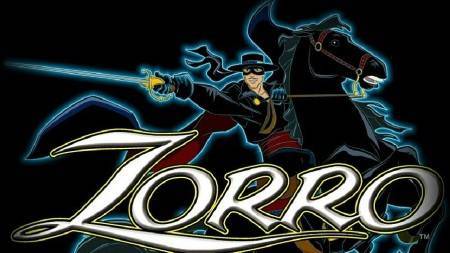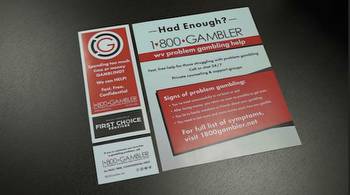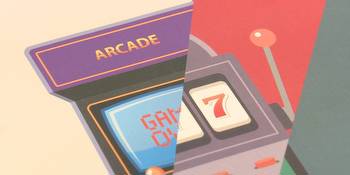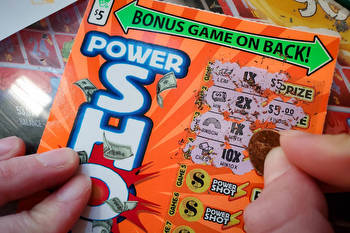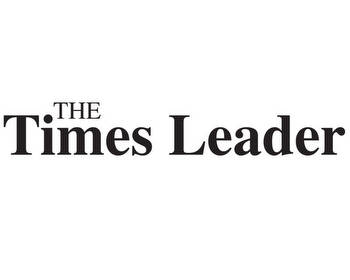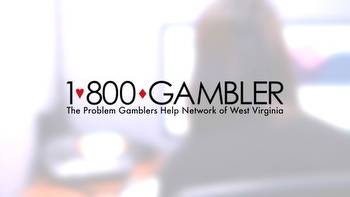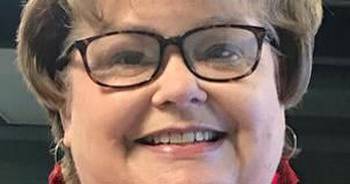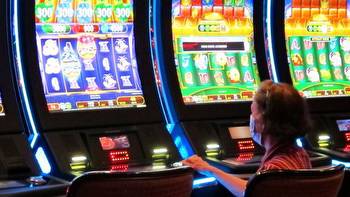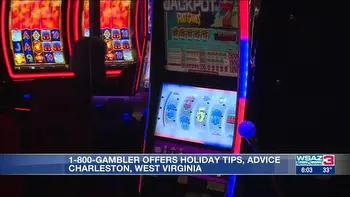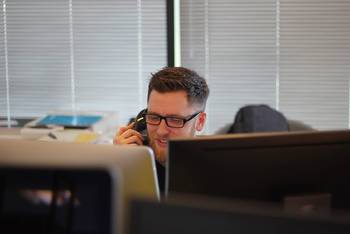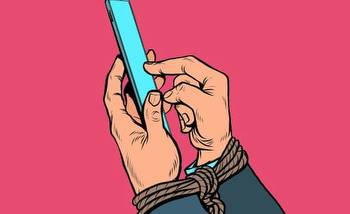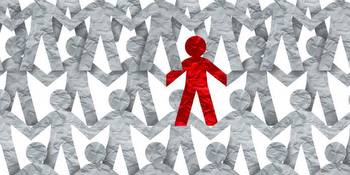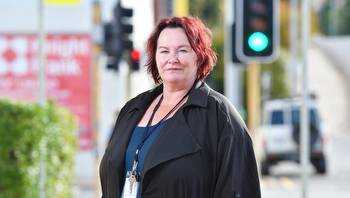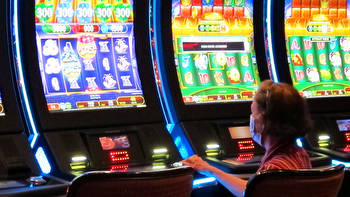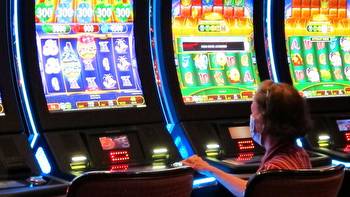Calls to Problem Gamblers Help Network up to start 2021

“Day trading online on your mobile device can be very much like gambling and can contribute to a gambling problem,” said Sheila Moran, director of communications for First Choice Services.
First Choice Services operates 1-800-GAMBLER, one of several helplines in West Virginia.
The line is available 24/7 by phone at 1-800-GAMBLER and via chat at www.1800gambler.net.
At the start of 2021, Moran said the calls have continued to increase and evolve.
What may have been past issues with in-person problem gambling at casinos and video lottery parlors have, in today’s connected world, changed to addictions to sports betting or other online gambling options.
Risk factors for problem gambling include depression, anxiety and feelings of isolation which, for some people, have become more prevalent in the pandemic.
Moran said studies have shown about one in every 50 West Virginians may be currently dealing with a gambling problem.
Signs of trouble, she said, included lying about gambling or “chasing losses,” placing bets to try to make up for money previously lost on wagers.
“By the time they call us, usually they are desperate. They have lost everything. They’re in debt. They’re, maybe, facing bankruptcy. Their family’s very mad or their employer may be ready to fire them,” Moran said.
“Our goal is to get people to call us way before it gets to that point.”
Counselors staff the helpline to provide referrals to one of the more than 60 addiction treatment specialists working statewide with the Problem Gamblers Help Network of West Virginia starting with a free, two-hour consultation.
Moran said appointments can be scheduled within a couple of days of initial calls.
“It’s not a lifelong commitment,” she said. “A lot of people might go to three or six sessions and get enough assistance or perspective to get on the road to recovery.”
Additional financial assistance is available to pay for people without health insurance.







